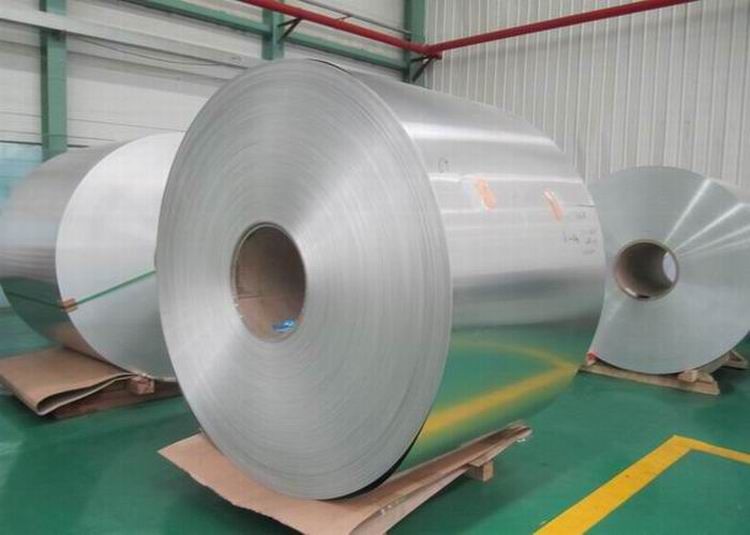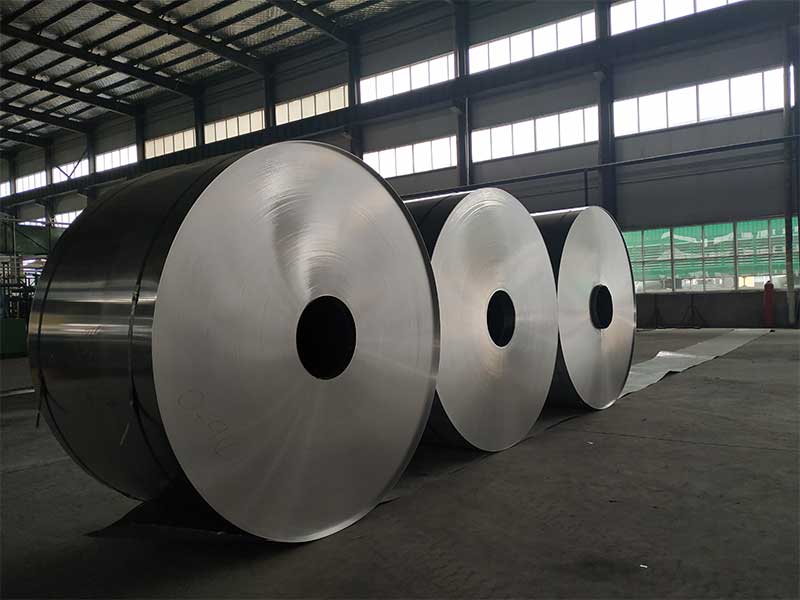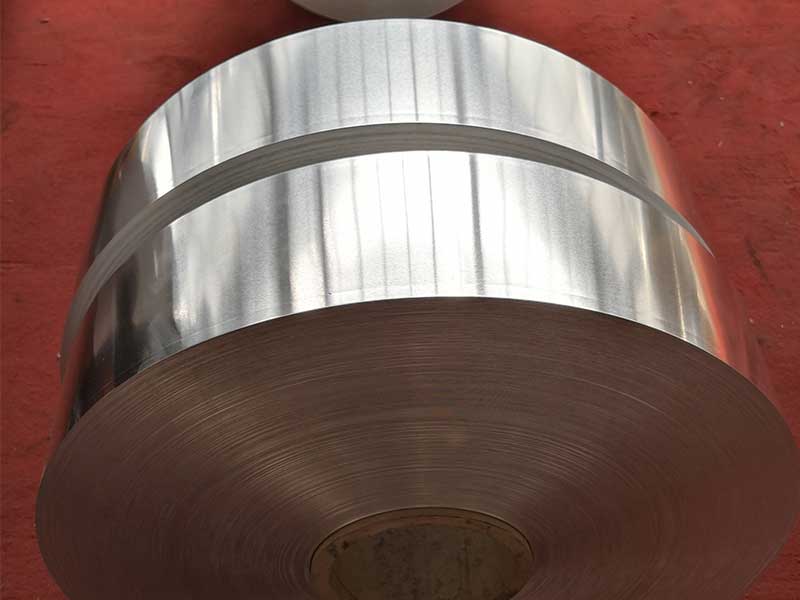pipeline insulation aluminum coil
08/28 2024 Tony
In the realm of construction and industrial projects, ensuring optimal energy efficiency and protection for piping systems is of paramount importance. One material that stands out due to its exceptional qualities is the pipeline insulation aluminum coil. Renowned for its lightweight, durability, and temperature resistance, this versatile insulator provides significant benefits across various applications.
Features of Pipeline Insulation Aluminum Coil
1. Lightweight and Durable
One of the prime features of pipeline insulation aluminum coil is its lightweight nature. This characteristic makes it easier to handle and install compared to heavier insulation options. Additionally, aluminum is known for its resistance to corrosion, ensuring a longer lifespan of the material even under challenging conditions. 2. Thermal Conductivity
Aluminum possesses impressive thermal conductivity properties. By utilizing pipeline insulation aluminum coils, industries can efficiently manage heat retention and dissipation. This minimizes energy costs by curbing heat loss in heating systems and reducing heat gain in cold water lines. 3. Versatility in Application
Aluminum coils can accommodate a wide range of applications. Their flexibility allows them to be designed in varying thicknesses and diameters, making it possible to customize insulation to fit specific pipeline sizes or project specifications. This adaptability is crucial in sectors including oil and gas, chemical processing, and HVAC installation. 4. Fire Resistance
With overall safety in mind, piping systems featuring aluminum coils contribute to enhanced fire resistance. Aluminum does not burn, which helps in achieving better safety ratings and compliance with strict industry regulations on fire hazards. Applications of Pipeline Insulation Aluminum Coil
1. Oil and Gas Industry
The oil and gas sector heavily relies on pipeline insulation aluminum coils for transporting hot and cold fluids. The thermal insulation properties help maintain the desired temperature while prevent condensation, which could lead to significant inefficiencies and potential hazards. 2. Chemical Processing Facilities
Chemical processing employs a variety of temperature-sensitive substances. Utilizing aluminum insulation coils helps regulations to mitigate risks associated with thermal fluctuations. This stability not only protects equipment but also assures consistent processing conditions. 3. HVAC Systems
In heating, ventilation, and air conditioning (HVAC) installations, pipeline insulation is crucial for comfort and efficiency. Aluminum insulation coils minimize energy loss from ductwork and piping, thereby enhancing a building’s overall energy performance and reducing utility costs. 4. Power Plants
Power generation facilities require effective thermal management systems due to the high temperatures and pressures involved. Pipeline insulation aluminum coils assist in temperature regulation of steam lines and other critical conduits, ensuring safe and efficient operations. 5. Food and Beverage Industry
In processing plants where temperature control is essential, aluminum coil insulation safeguards against temperature fluctuations that could jeopardize food safety and quality. Properly insulated pipelines promote energy efficiency and compliance with health regulations.
https://www.aluminum-sheet-metal.com/a/pipeline-insulation-aluminum-coil.html
Related Products
Related Blog













